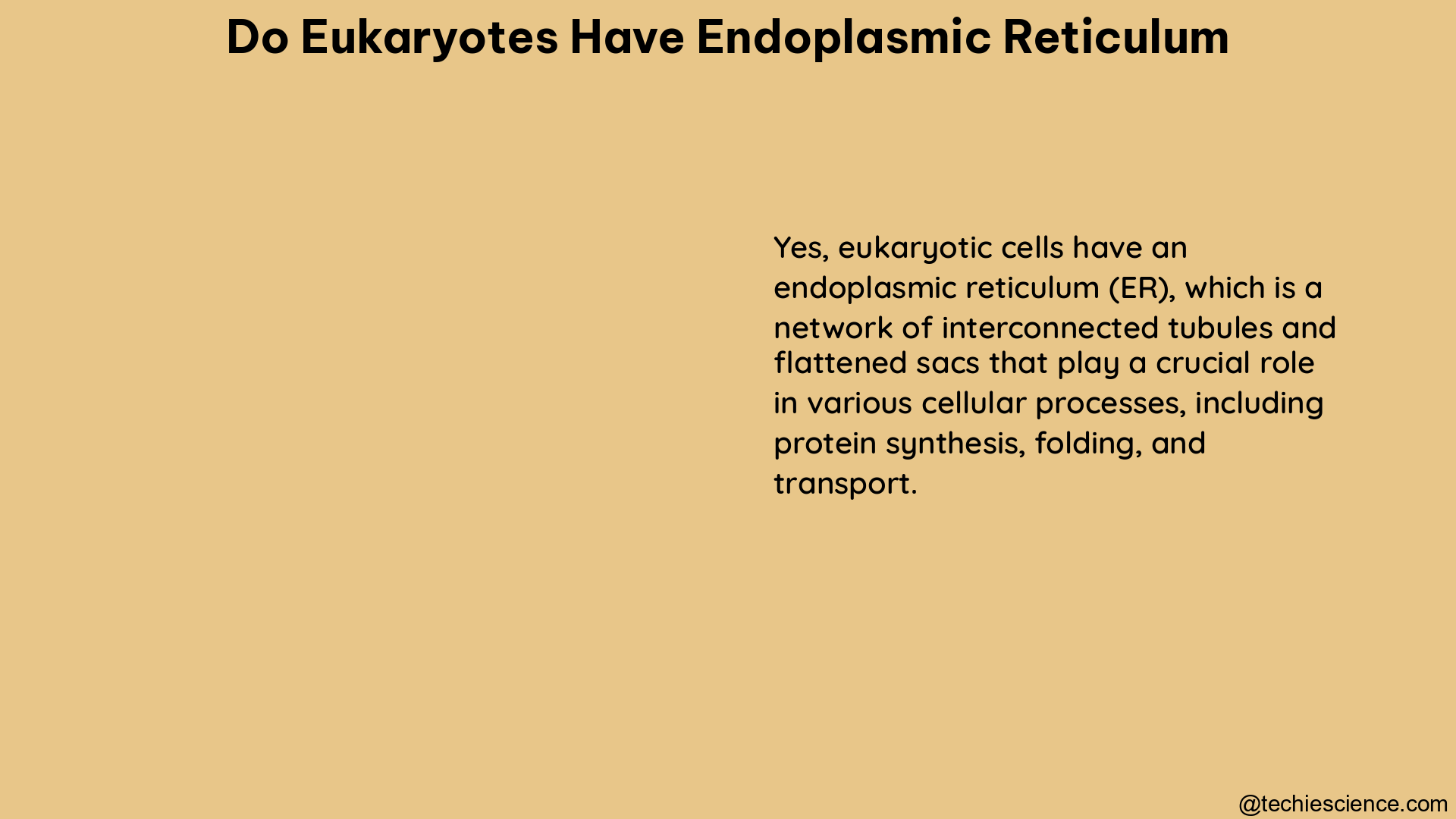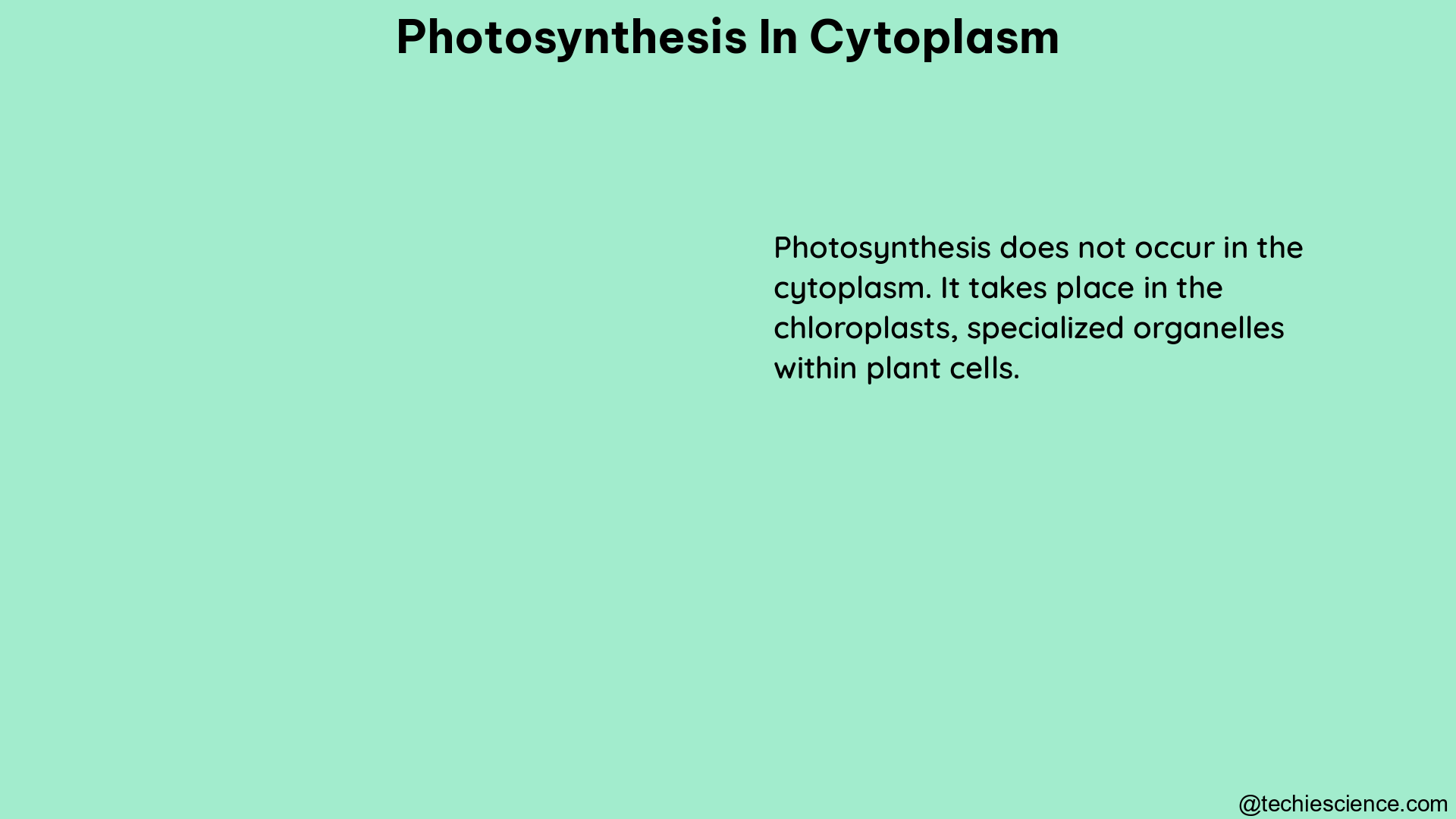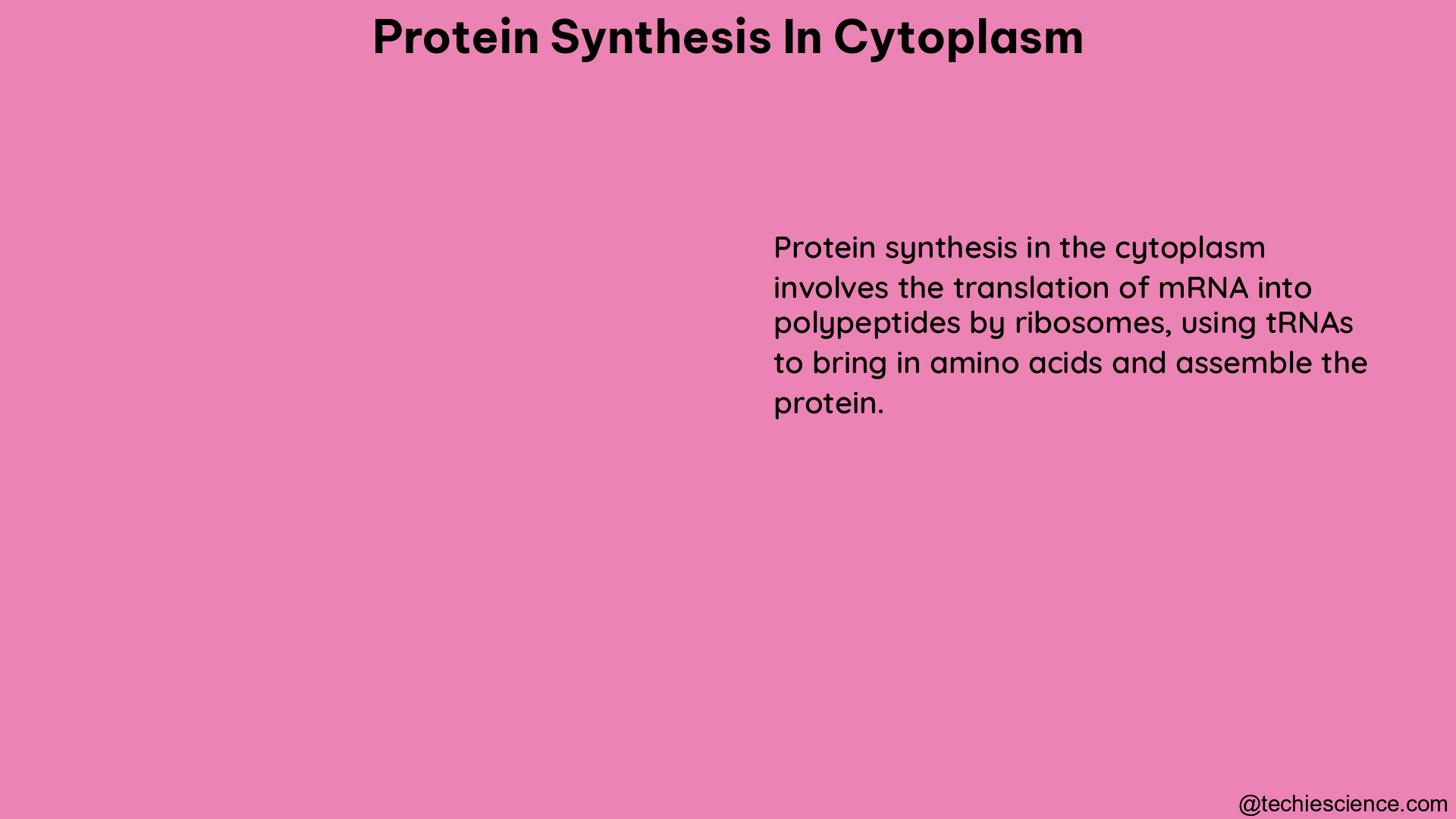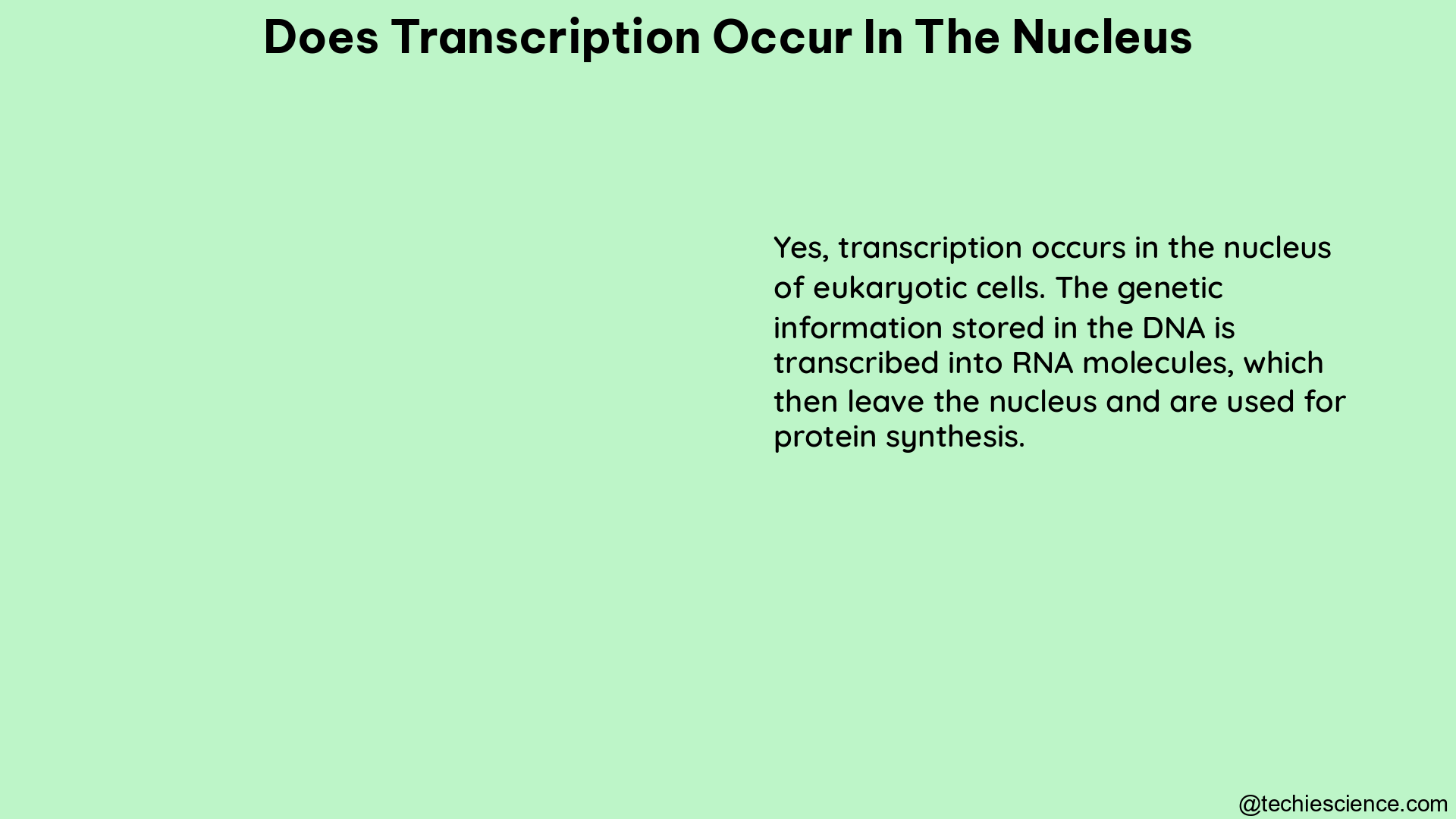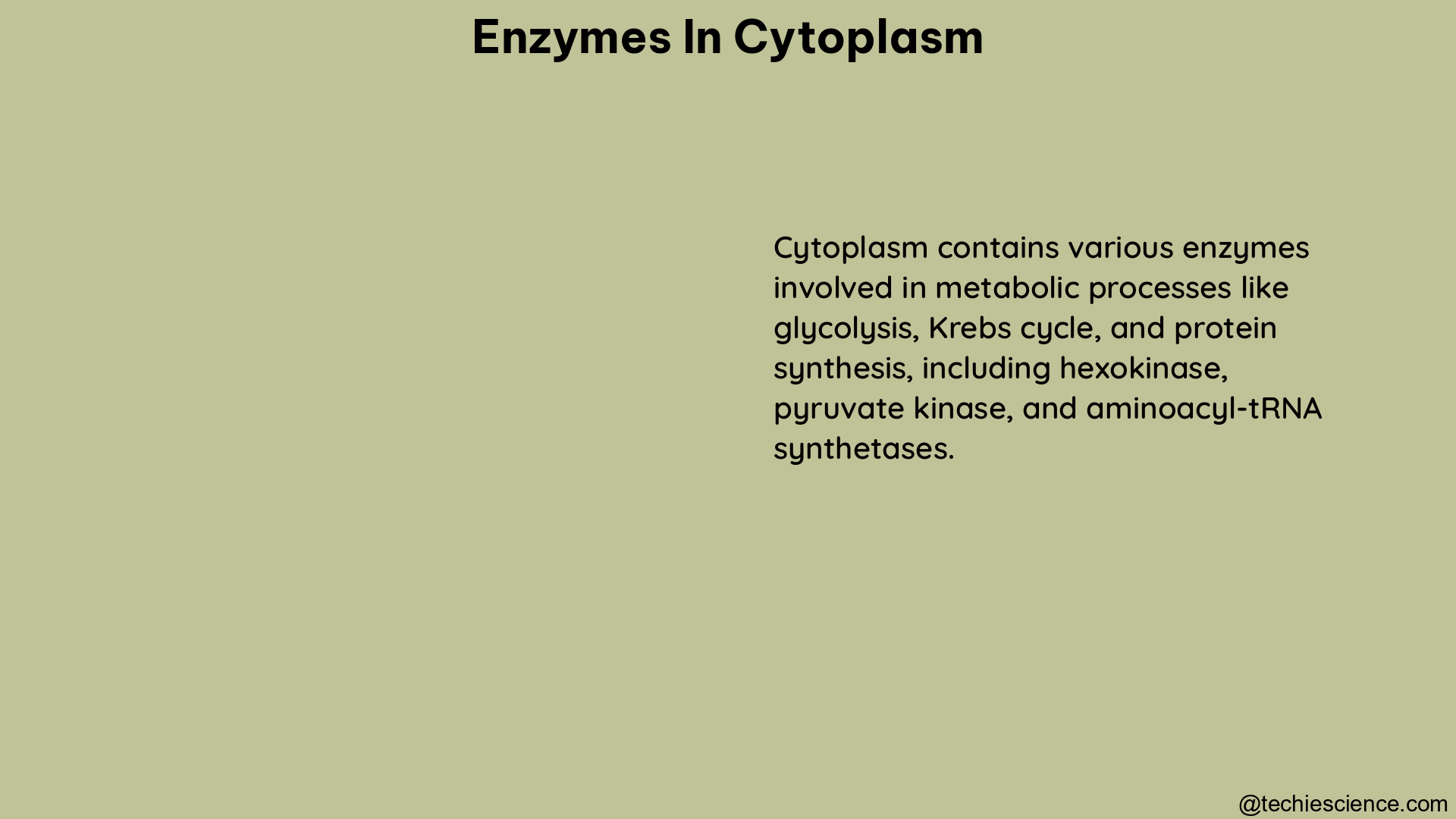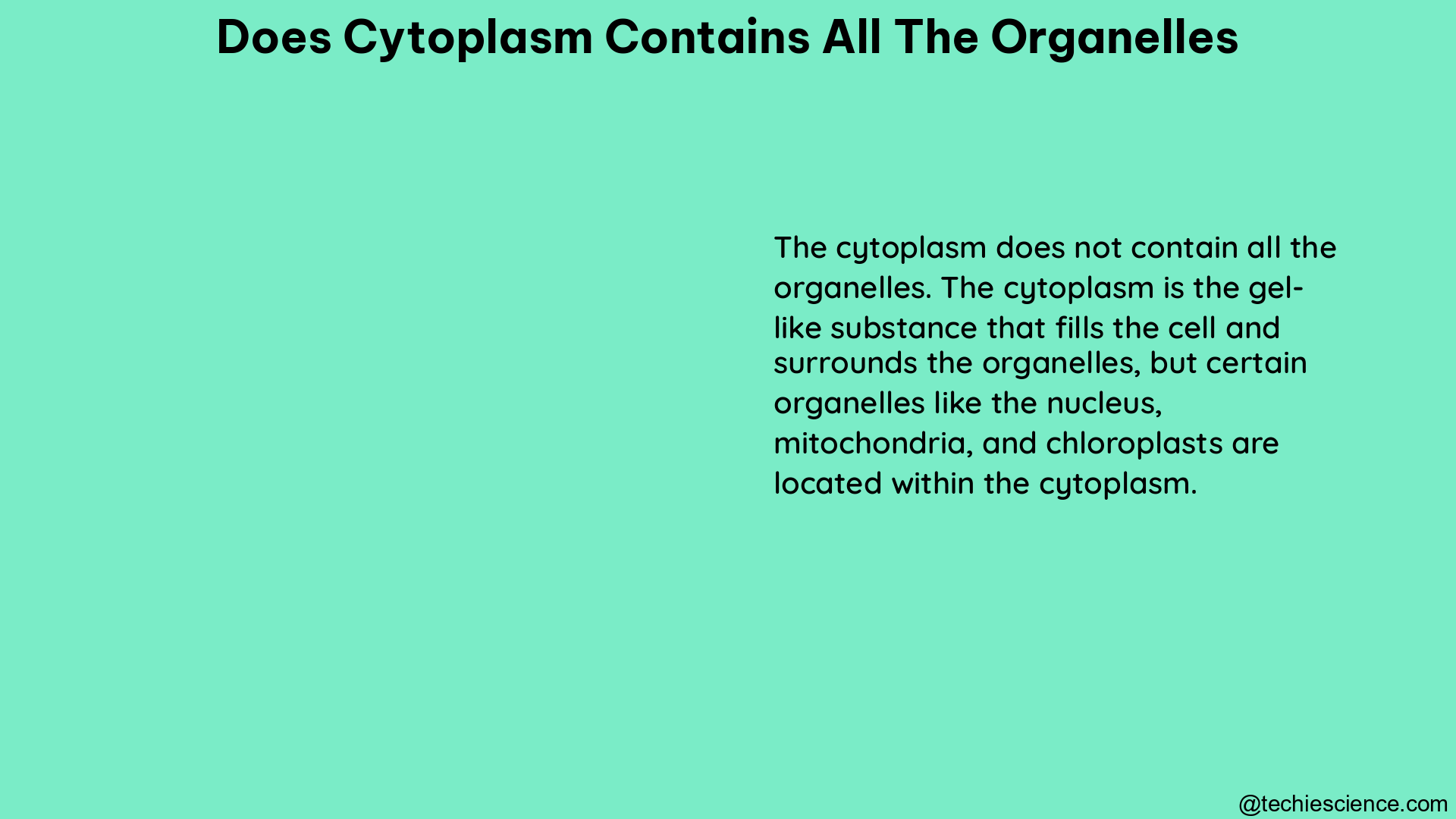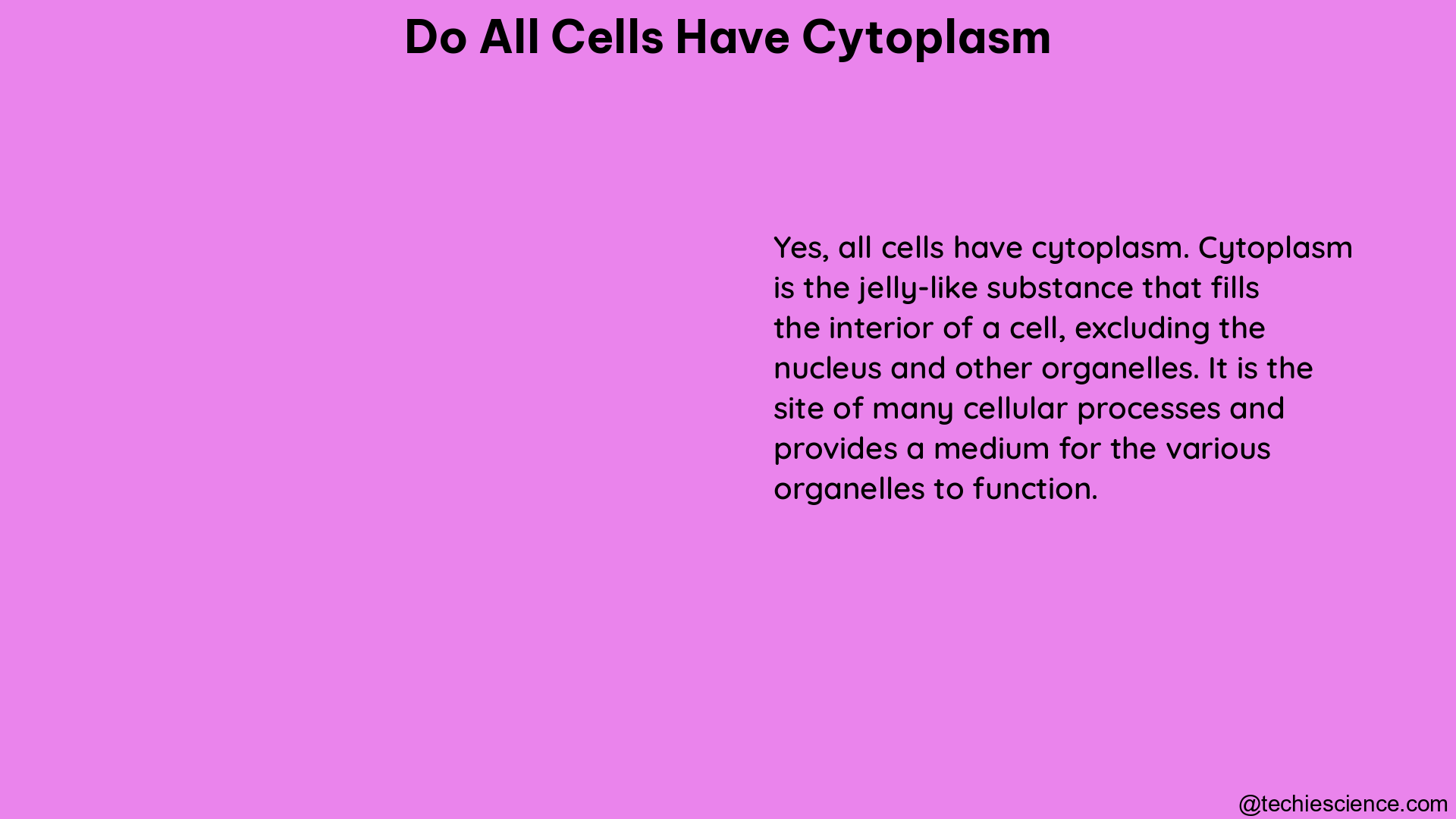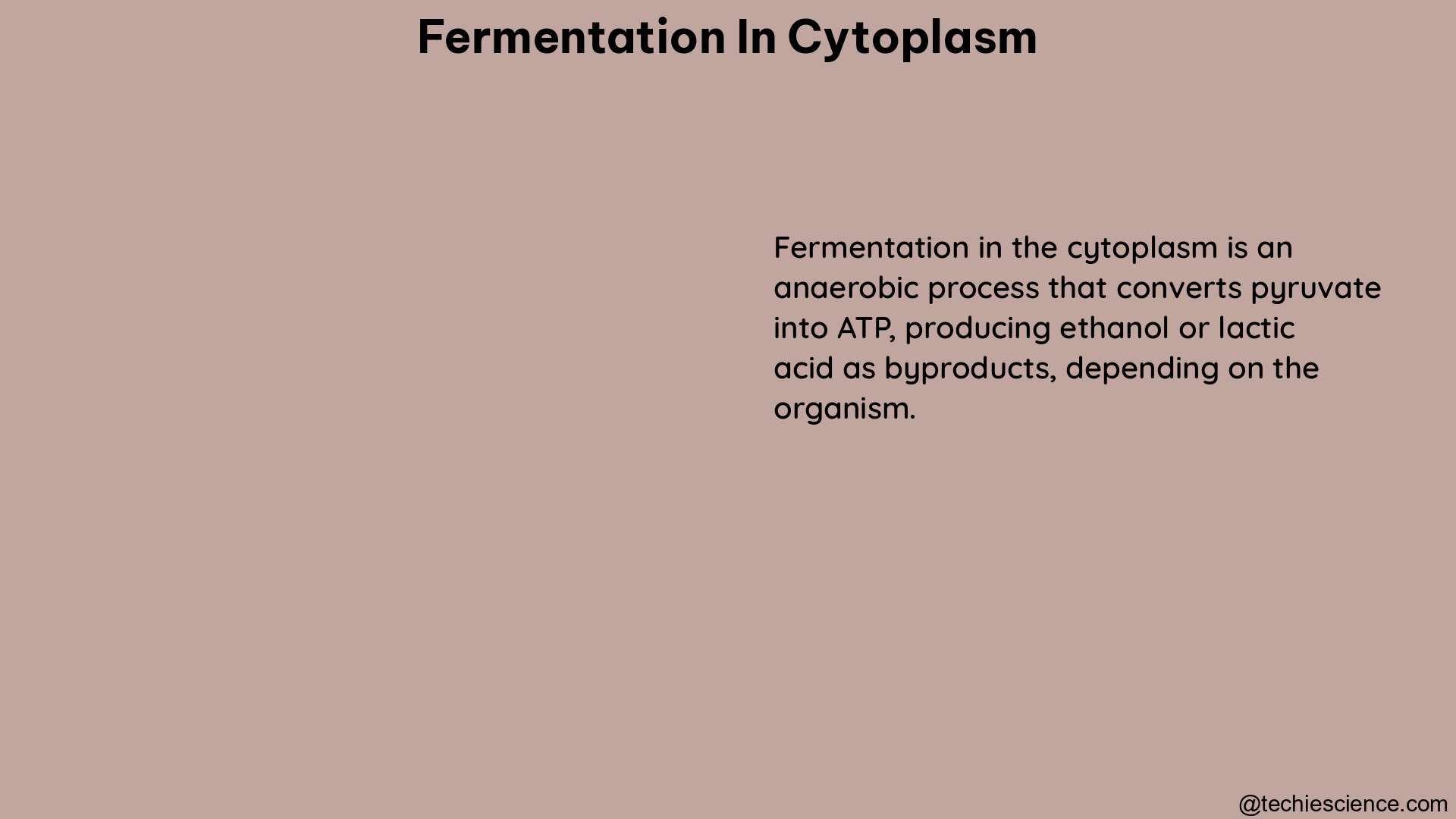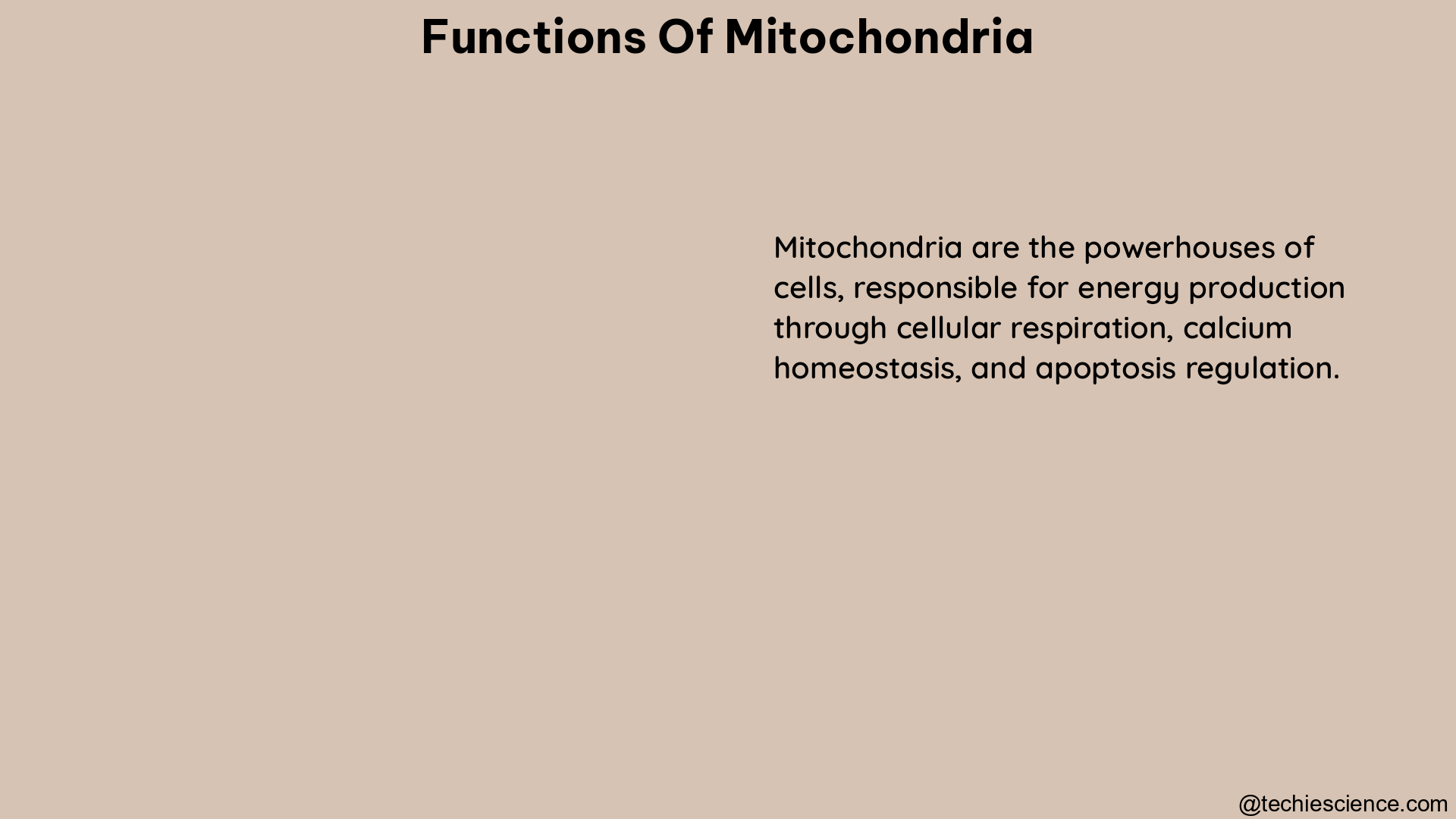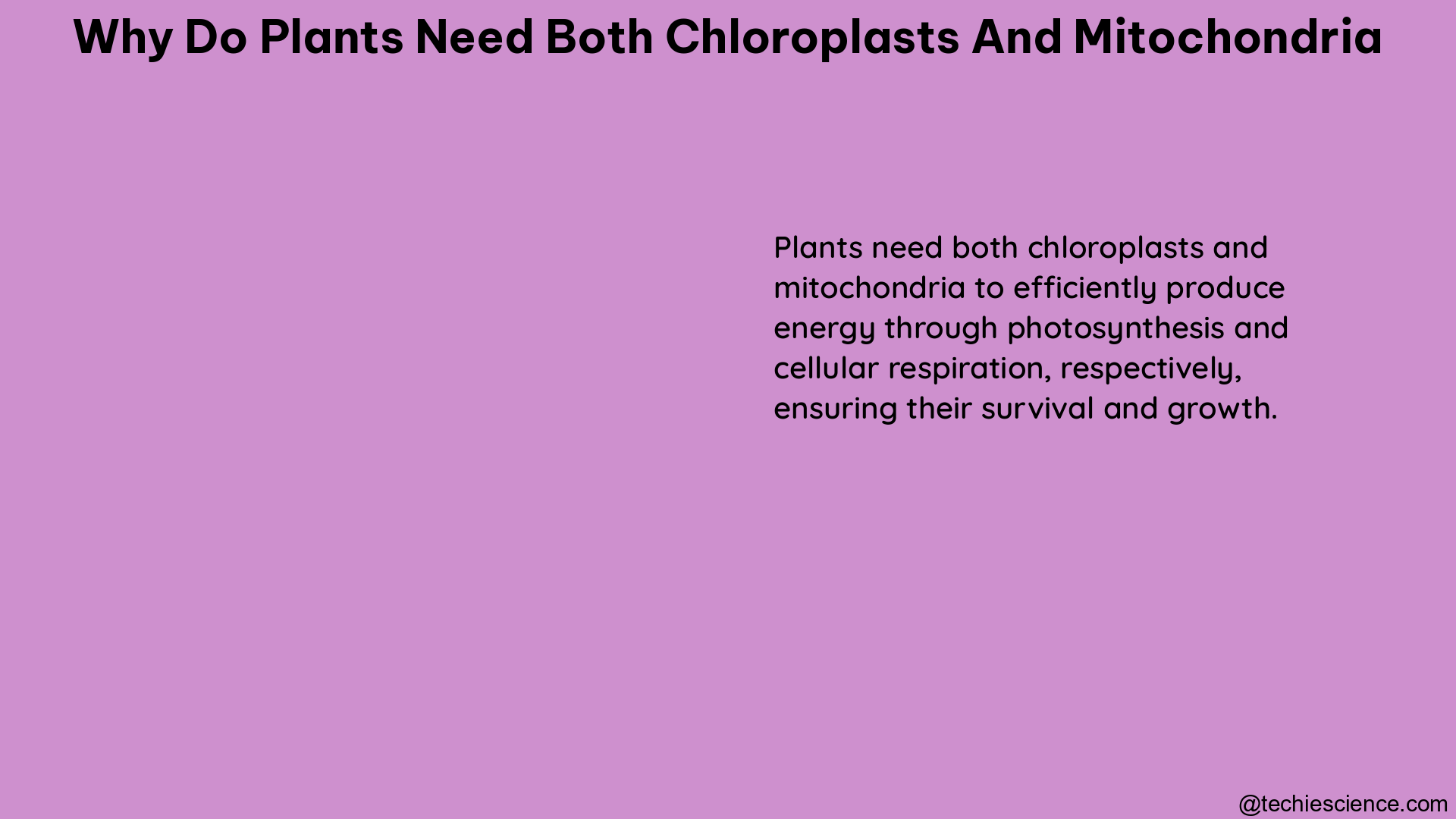Do Eukaryotes Have Endoplasmic Reticulum? A Comprehensive Guide
Eukaryotic cells are characterized by the presence of membrane-bound organelles, including the endoplasmic reticulum (ER), which plays a crucial role in various cellular processes. The ER is a continuous membrane network that is involved in the synthesis, folding, and modification of proteins and lipids, making it an essential component of eukaryotic cells. The Endoplasmic Reticulum: … Read more
